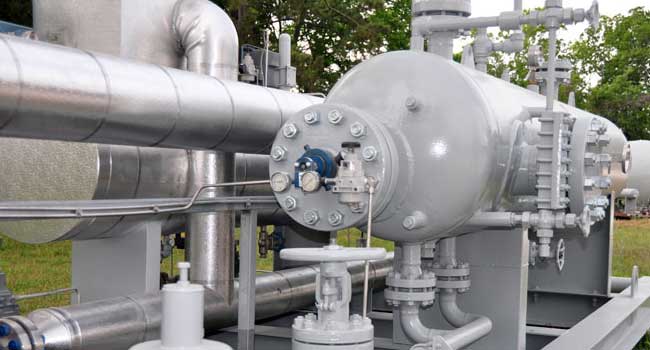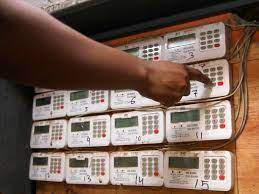NEMA sets deadline for HCFC gas imports, phase-out to begin in 2026

Starting January 1, 2026, the importation of hydrochlorofluorocarbons (HCFC) gases will be prohibited.
Importers of refrigeration and air conditioning gases have until the end of 2025 to legally import hydrochlorofluorocarbons (HCFC), as Kenya moves to comply with international environmental standards.
Starting January 1, 2026, the importation of HCFC gases will be prohibited.
More To Read
- Truck that overturned in Uasin Gishu was ferrying natural rubber latex to DRC
- Court bans eucalyptus planting near water sources nationwide
- Kenya seeks World Bank, EU support to remove toxic asbestos roofs
- Runda residents stage protest over controversial luxury housing project
- NEMA targets Sh2 billion revenue through new digital licensing system
- MPs demand safe disposal of asbestos across Kenya
The National Environment Management Authority (NEMA) issued this critical reminder to all importers, stressing that 2025 will be the final year for HCFC imports in the country, in line with Kenya's obligations under the Montreal Protocol.
In a statement released on Wednesday, NEMA confirmed that Kenya's importation of HCFC gases is set to cease in accordance with the Montreal Protocol and its subsequent amendments, which Kenya has ratified.
Importers of these gases are urged to apply for their annual import licenses for the year 2025 from NEMA. Applications should be submitted through the Kenya Electronic Single Window System, with the final deadline for submission set for February 28, 2025.
"The year 2025 will be the last year allowed for Kenya to import HCFC under the Montreal Protocol. Importers are hereby reminded that the phase-out date for importation of HCFC for Kenya is 1st January 2026," NEMA said.
Montreal Protocol
The Montreal Protocol, which seeks to protect the ozone layer by phasing out substances harmful to it, has long been central to Kenya's environmental policies.
Under this international agreement, Kenya is allowed to import a maximum of 171.6 tonnes of HCFC in 2025, following a strict quota system.
Importers who continue to bring in HCFC gases after the deadline without a valid license will be in violation of the law under the Environmental Management and Coordination (Controlled Substances) Regulations, 2007.
These regulations govern the management of controlled substances, including their trade and use, and are key to ensuring compliance with the Montreal Protocol.
"Importation of these substances without a valid license shall be an offence under the Environmental Management and Co-ordination (Controlled Substances) Regulations, 2007," the statement clarified.
HCFCs, a widely used compound in refrigeration and air conditioning, have come under increasing scrutiny due to their detrimental impact on the environment.
These gases have been linked to the depletion of the ozone layer, which serves as a shield against harmful ultraviolet radiation from the sun.
Globally, efforts are underway to find alternatives to HCFCs. South Korea, for example, has made strides in developing new refrigeration technologies that do not rely on harmful gases.
Researchers are now exploring systems that utilise air as a refrigerant, capable of achieving temperatures as low as -60 degrees Celsius an innovation that could revolutionize cooling systems in the near future.
Top Stories Today














































